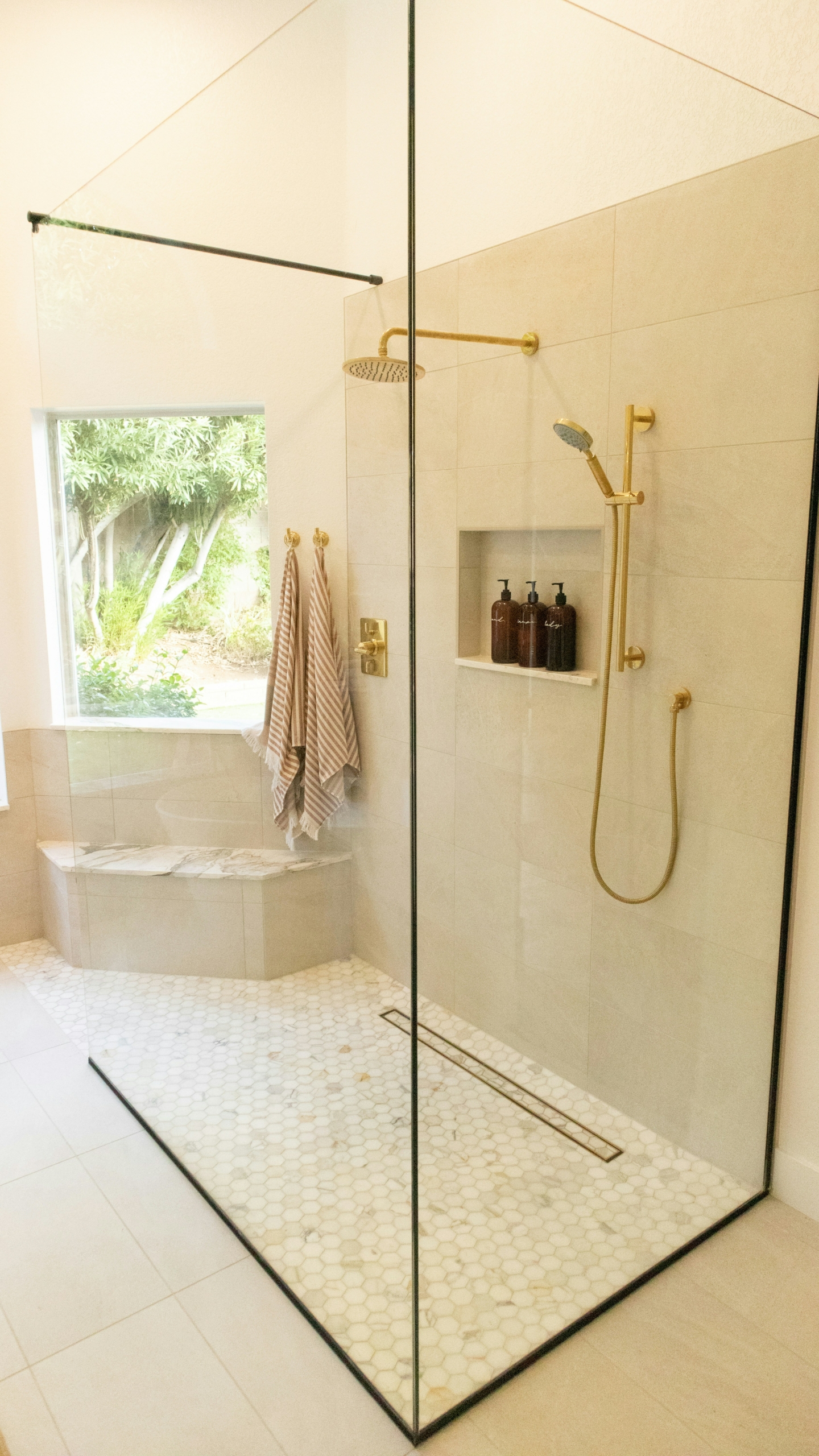
Cleaning Drains with Bicarbonate – Effective and Environmentally Friendly
Sewer blockages are a common problem in many households, which can cause both unpleasant smells and water accumulation. In a world where sustainability and eco-friendliness are increasingly important, it is essential to find effective methods that do not harm our environment. Bicarbonate, a simple and natural substance, offers an excellent solution for this purpose.
What is bicarbonate and why does it work?
Bicarbonate, also known as sodium bicarbonate, is a white powder often used in baking. But its use extends far beyond the kitchen. Its alkaline properties and ability to cause chemical reactions make it an excellent cleaning agent. When bicarbonate is combined with other substances, such as vinegar, a reaction occurs that can effectively dissolve clogged drains and eliminate bad odors.
Step-by-Step Guide to Cleaning the Drain with Bicarbonate of Soda
Using bicarbonate of soda to clean your drain is a simple process that can be done with common household items.
1. Preparation of the bicarbonate mixture
Start by gathering the necessary ingredients: bicarbonate of soda, vinegar, and boiling water. The standard amount is about four tablespoons of baking soda and one deciliter of vinegar.
2. Application of bicarbonate in the sewerage system
Pour the bicarbonate directly into the drain. Make sure to distribute it evenly over the surface and around the opening of the drain.
3. Use of vinegar and boiling water
After adding the bicarbonate, immediately pour in the vinegar. This combination will cause an effervescent reaction that helps break down deposits and dirt. After a few minutes, pour in boiling water to rinse the pipes.
4. Rinse the drain
After allowing the mixture to work and rinsing with boiling water, your drain should be clean and free of bad odors. If necessary, the process can be repeated for extra efficiency.
Why is bicarbonate effective in cleaning drains?
Bicarbonate is particularly effective for minor drainage problems, such as slow water drainage or minor odor concerns. It is an excellent choice for kitchen drains where food debris often contributes to blockages, and for shower and bath tub drains that are often clogged with hair and soap residue. The use of bicarbonate is preferable to chemical agents when looking for an environmentally friendly and gentle solution.
Advantages of bicarbonate over chemical cleaners
Unlike many strong chemical cleaners, bicarbonate is non-toxic and safe for the environment. This means less risk of damage to sewer pipes and systems, and is gentler on both the user's health and the environment. In addition, bicarbonate is an economically advantageous solution, as it is often already present in the home and is cheap to buy.
Prevention Tips to Avoid Sewage Blockages
Preventive maintenance is the key to keeping your drains free from blockages. Regular maintenance with bicarbonate can help prevent these problems:
- Regular Use: Once a week, pour a tablespoon of bicarbonate followed by warm water down the drain. This helps to keep the drain pipes clean and free of deposits.
- Avoid Pouring Food Scraps and Oil: Be careful about what you put down the drain. Food debris, grease and oil can cause blockages and should be avoided.
Frequently asked questions and answers
Q: Is it safe to use bicarbonate in all types of drains?
A: Yes, bicarbonate is safe for most drains and pipe types, including plastic and metal.
Q: How often should I use bicarbonate to clean the drain?
A: For best results, use bicarbonate about once a week as part of your regular cleaning routine.
Q: Can I combine bicarbonate with other household products for better effect?
A: Yes, combine bicarbonate with vinegar for a more powerful cleaning effect.
Bicarbonate of soda and baking soda as a drain cleaner
Using bicarbonate to clean your drain is not only effective but also environmentally friendly and economical. With its ability to naturally break down and clean deposits, it is an excellent alternative to strong chemical cleaners. By following these simple steps and tips, you can keep your drains clean and working efficiently. Give baking soda a try and see the difference it can make in your household.



